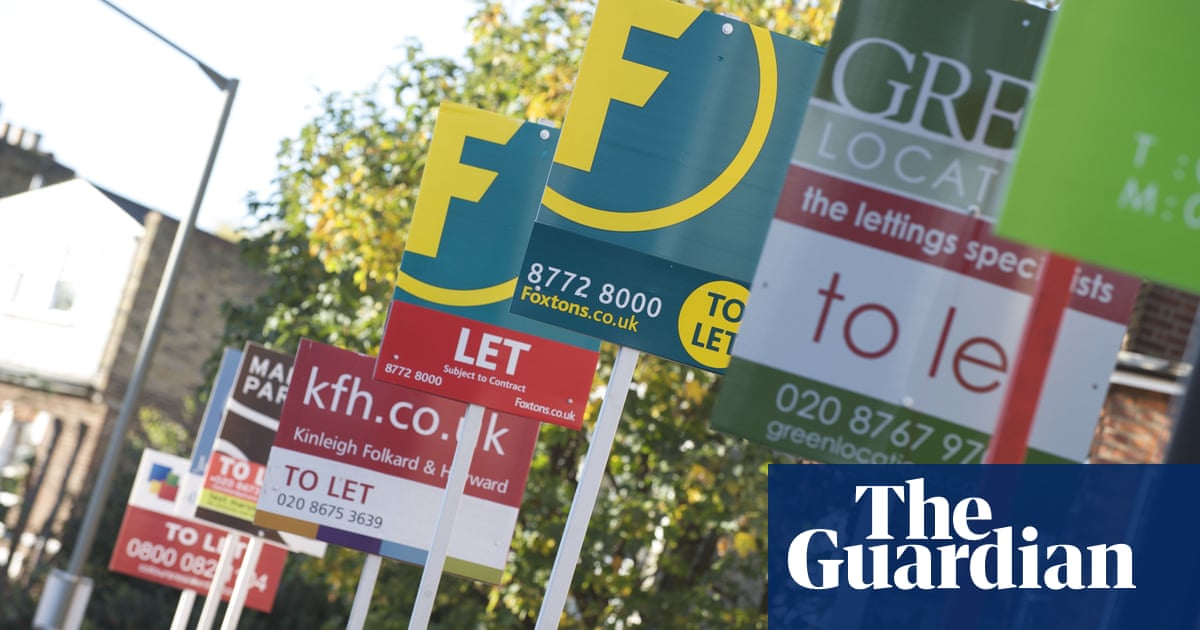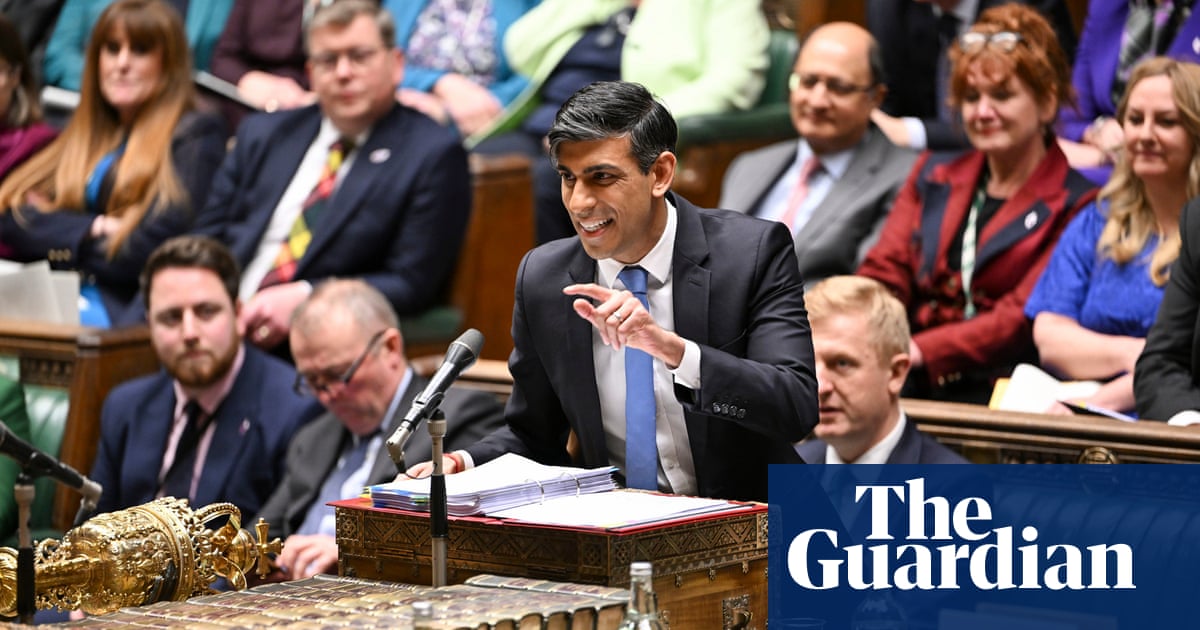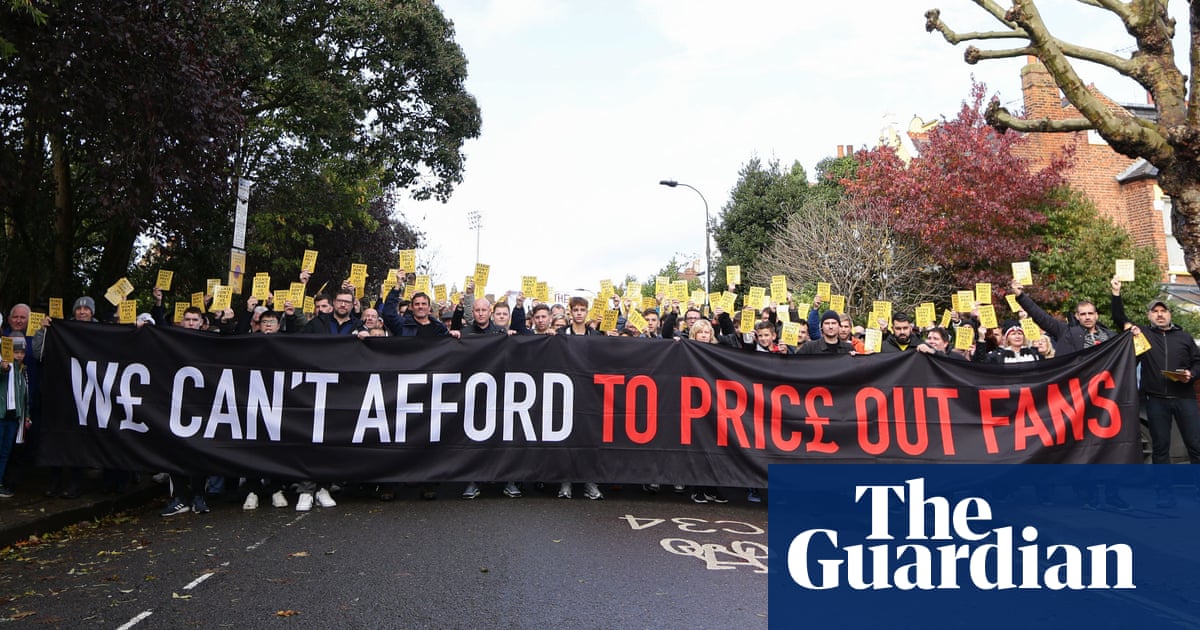
Good morning, and if you are a landlord, congratulations on another successful day! Last night, housing secretary Michael Gove’s renters’ reform bill passed its third reading in the House of Commons – and despite its name, it isn’t great news for tenants.
After years of promises of a bill that would sharply improve things for those living in expensive rental properties with inadequate guarantees on housing quality and the constant threat of eviction hanging over them, the final bill was so diluted that it lost the support of the charities that once had high hopes for it. The National Residential Landlords Association, on the other hand, said that it was “a fair deal”.
Even the flagship measure, of eliminating no-fault evictions, has been kicked into the long grass. The bill now goes to the House of Lords, and is likely to become law – but for the one in five households in England and Wales living in privately rented accommodation, very little will change.
So why did a package that once inspired support from groups normally sceptical of the Conservatives amount to so little – and are there any grounds for optimism? For today’s newsletter, I spoke to Robert Booth, the Guardian’s social affairs correspondent, about how a great hope turned into a crushing disappointment. Here are the headlines.
Five big stories
Railways | Labour has said it will fully nationalise the train network within five years of coming to power, with a pledge to guarantee the cheapest fares as part of “the biggest reform of our railways for a generation”. The party says it will bring passenger services into public ownership as contracts with operators expire. Read Gwyn Topham’s analysis.
UK news | A teenage girl has been arrested on suspicion of attempted murder after three people were stabbed at a school in south-west Wales. Two teachers and a pupil were taken to hospital with injuries described as not life-threatening.
Ukraine | The era of peace in Europe is over, Ukraine’s foreign minister has warned western allies, as he said that a new $61bn US aid package must now be followed by increased arms production. In an interview with the Guardian, Dmytro Kuleba said that while the new round of US assistance was welcome, “no single package can stop the Russians.”
London | Four people have been taken to hospital after several military horses broke loose during a morning exercise and bolted through central London, colliding with vehicles. Astonished witnesses described “total mayhem” as the runaway horses, including one white horse covered in blood, ran through the streets at rush-hour.
Art | Claudette Johnson has been nominated for this year’s Turner prize for work including a portrait of the African-American slavery abolitionist Sarah Parker Remond, commissioned as part of the Guardian’s award-winning Cotton Capital series. Colonialism, migration, nationalism and identity politics are key themes in the 40th edition of the award, which returns to Tate Britain for the first time in six years.
In depth: The renters’ reform bill has gone from ‘tackling injustices’ to ‘not supportable’
It has been five years since Theresa May promised to abolish section 21 notices, which allow landlords to turf tenants out for no reason. In that time, almost a million renters have been forced from their homes because of the notices – about 500 a day.
Average asking prices for rentals across the UK rose 56% between 2019 and 2023. The most recent figures show that renters are being asked to pay an extra £80 a month for a new let – with average rents of £1,223 a month, and £2,121 in London. For many people, renting is as unaffordable as it is insecure.
As the name suggests, the renters’reform bill was meant to help ameliorate that crisis. “Go back to the white paper Michael Gove put out in 2022,” Rob Booth said. “He talks about ‘tackling injustices’, and says that the changes will mean they can ‘confidently settle down and make their house a home’. But it seems to have slipped through the government’s fingers.”
What did the government promise?
“The fundamental point of the bill was that there was a need for regulatory intervention, because the market is broken,” Rob said. “So there is a need to step in to protect the side which is getting the raw end of the deal.”
The flagship proposal when the bill was first tabled last year, of ending the use of section 21 notices, was promised in the Conservatives’ 2019 manifesto. That was seen as a means of increasing security and stability for those at the mercy of landlords who can break their contracts without explanation.
There was a promise of basic decent homes standards, new rights to live with pets and measures to stop landlords refusing tenancy to those receiving benefits or with children. To protect landlords, the government also proposed to strengthen powers to evict antisocial tenants.
While housing charities warned that there was a need to close loopholes that could allow the use of the powers against antisocial tenants to unreasonably evict people, there was a general view that Michael Gove had a real commitment to change. But throughout the lengthy process of turning the bill into law, it has also provided useful political cover, Rob said. “It enables the government to say, whenever there are news stories about problems, that they are fixing them.”
How has the bill changed?
“We’ve gone from that June 2022 position of promising to make life safer and fairer for renters to Gove having to bolster protections for landlords as a result of pushback on his own side,” Rob said. “All of the confidence on delivery drained away last year.”
In the original consultation, the government proposed banning landlords ending tenancies by saying they wanted to move back in or sell the property - a leading cause of homelessness for renters - for two years. That has since been reduced to six months, and offers no more protection than the existing system.
After further pressure from backbenchers, and even though the bill did not need their backing given Labour’s support, the government has made more changes that largely benefit landlords – adding a minimum six-month commitment for tenants and saying that the ban on no-fault evictions would be delayed pending an assessment of the readiness of the court system.
Two months after he vowed that the ban on section 21 notices would be in place by the end of the year, Gove has now softened that promise to an “aim”. That prompted Polly Neate, the CEO of Shelter – the leading housing charity which had previously backed the bill – to write that she was “sad and angry” to conclude that the bill “is just not supportable”. Neate later said the government “has led private renters down the garden path”. “Shelter was a critical friend of the bill,” Rob said. “So that’s a big deal.”
The need for court reforms, allowing evictions of problem tenants more easily, is cited as the reason for the U-turn. But even before Gove pledged to push the changes through this year, the ban on no-fault evictions had been indefinitely delayed to allow the court reforms to be carried out. “My impression is that when he said it, it was already untrue,” Rob said.












